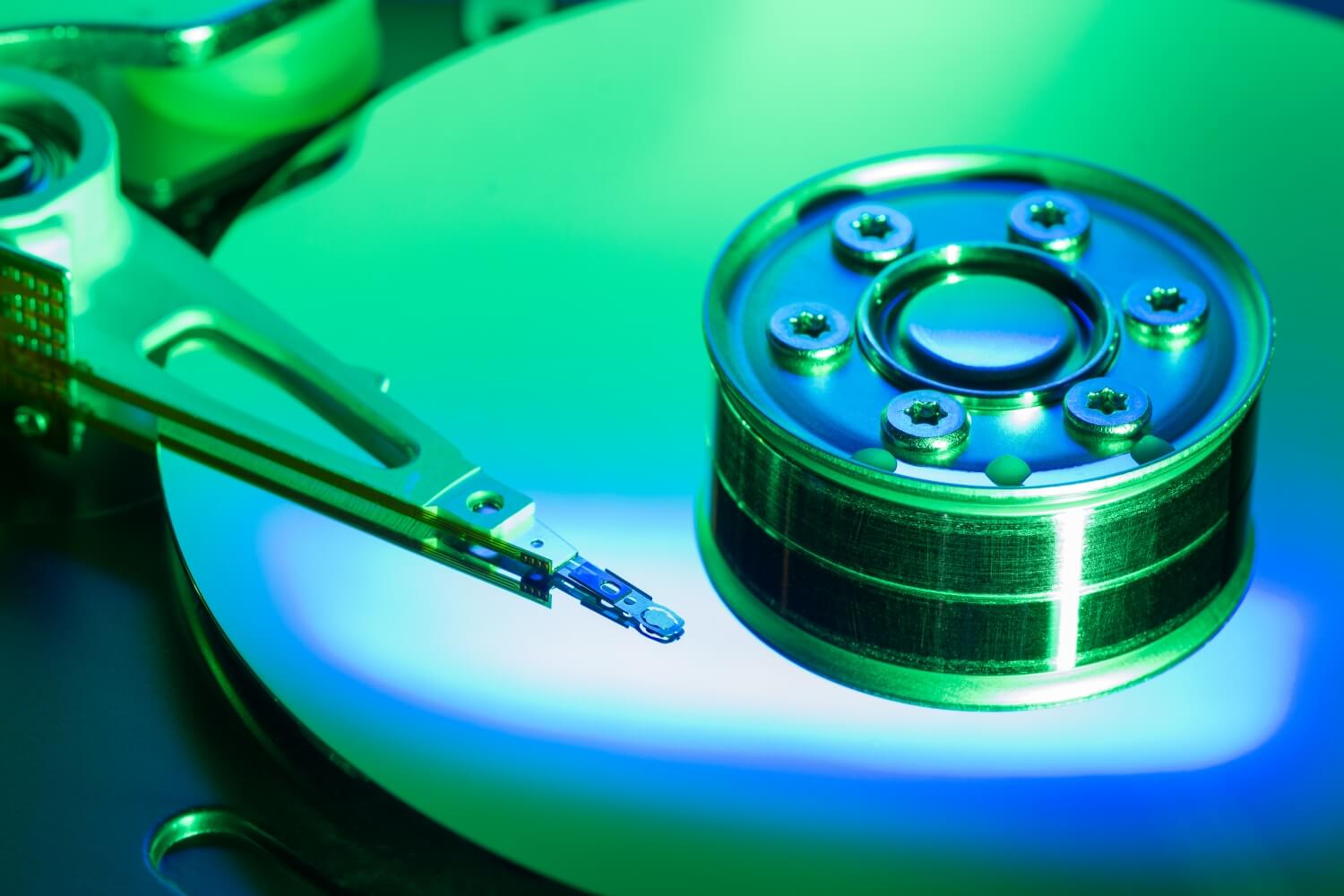Recap: Years ago, it wasn’t uncommon for Windows tweak guides to suggest disabling indexing altogether to boost system performance. This slowed down searches but kept the OS from unnecessarily spinning up the hard drive at the most inopportune time and was thus deemed a worthy trade-off for many.

Microsoft’s upcoming May 2020 Update for Windows 10 will reportedly include a tweaked indexing system that could boost overall system performance with certain configurations.
Indexing in Windows involves the operating system examining the files on your computer and cataloging their information. The next time you search your system for a specific file or keyword, it looks to the index to help find results faster.
The problem is that indexing can be taxing on your hardware and lead to heightened disk activity, especially if you are using a mechanical hard drive. This is where the new update comes in.
The problem of 100% Disc Usage in Windows 10 v2004 is fixed https://t.co/0q7M4CeVg1 #info #news #tech
— Gray Hats (@the_yellow_fall) April 27, 2020
As Windows Latest highlights, Microsoft has fine-tuned the indexer in the latest update so it should have less of a performance impact. According to the publication, Windows will now throttle or even completely halt indexing while you are doing other activities like transferring files. The site said it was able to notice a difference in multiple tests they ran on real-world hardware and virtual machines.
Worth noting is the fact that this tweak will make a much bigger difference on HDD-based systems than it will on those running a solid state drive. Flash-based drives are typically fast enough that indexing may not be noticeable to begin with.
Masthead credit: denniro
https://www.techspot.com/news/85015-microsoft-tweaks-windows-10-indexing-system-may-2020.html